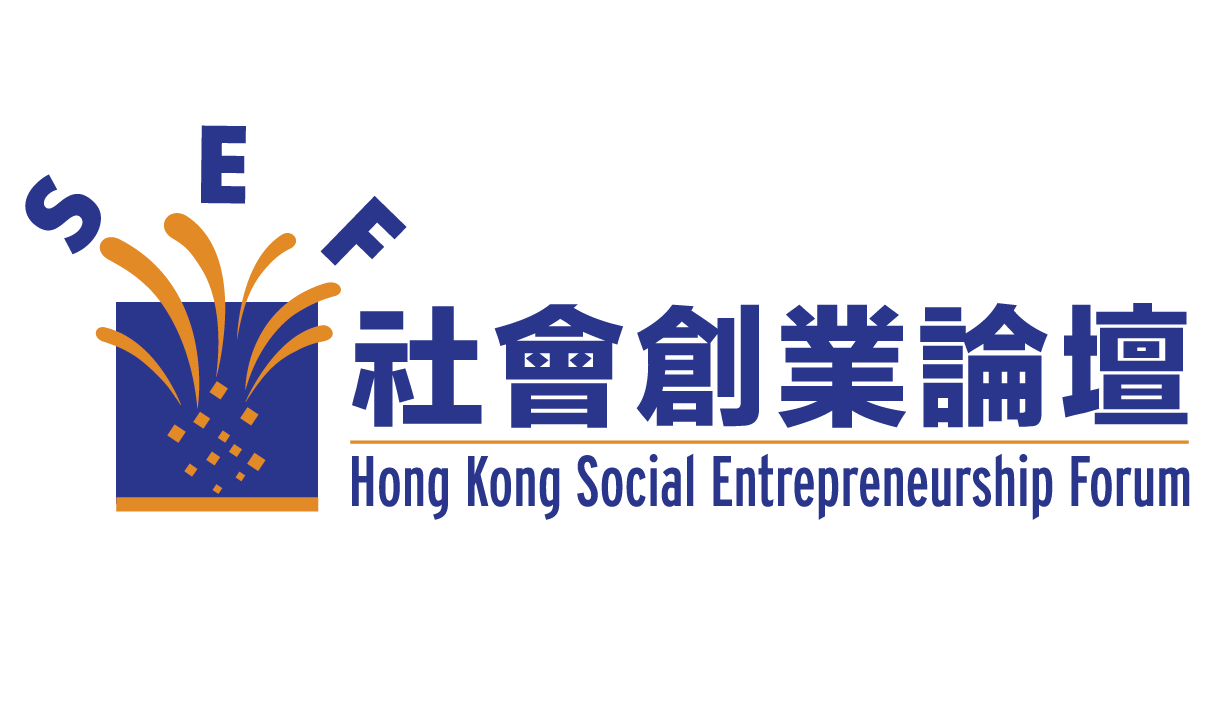Written by Irene So from New York; Edited by Dr KK Tse
Note from KK: Irene is a mature student of the CUHK MBA program. As part of the program she is currently completing a course on Social Entrepreneurship at the New York University Stern School of Business. She attended the Net Impact Conference in early November and has the following to share with us.
Standing among more than 1,700 participants at the end of opening keynote speech of the 15th Annual Net Impact Conference, I joined the minute’s applause, celebrating some traditional MBA theories were being challenged by this extraordinary businessman in the US, Yvon Chouinard.
His speech kicked off the student-run conference held at Vanderbilt University of Nashville from 1 -3 November, 2007. Most of us were MBA students and graduates from other top schools of the US, with some business practitioners and NGO workers. Very few of us came from South America, Europe and Asia.
Mr. Chouinard, Founder of Patagonia, has also founded a unique business network called “One Percent for the Planet”. Since 2002, this first alliance of such kind I have ever heard of aims to inspire other members of business community to contribute 1% of sales (note: not net income!!!) to environmental groups around the world. This organization strives to use market forces to drive positive environmental changes by inspiring companies to give. Patagonia is a producer and retailer of top-quality outdoor goods in the US.
This value-based businessman, in mid-60s, put it very simply and bluntly, “Our planet is, and should be, the shareholder of every company …which basically tells you what to do. This self tax keeps one absolutely honest. You can’t fake that in accounting book.”
His logic is very simple. All companies in different kinds of industries are consuming both natural and human resources. We human beings are only stewards of our own planet. Therefore, all of us are obliged to manage the Earth more properly. Since economic activities still account very much for world development, he believes, without changes in the ways of doing business worldwide, more sustainable development for our next generations is impossible.
For many decades, we MBA students or graduates or business practitioners have believed that maximizing shareholders and investors’ value is and will be the most saint goal. Even though among so many initiatives in the so-called Corporate Social Responsibilities around the world, it is not hard to observe much skepticism that many company owners are actually still motivated by “their own” bottom-line, though now being expanded into “three bottom-lines”!
Now “One Percent for the Planet” already has about 740 member companies. Sadly, Mr. Chouinard said, none of them are public companies!
In many MBA case studies, we were also told that high growth and fast expansion was always the key to success. However, Mr. Chouinard shared with us the business strategy shift in his own company since late 1990s. He deliberately kept his company from a fast growth mode, only at a slow and stable rate of about 3% to 5% in the past three years. But he still managed to build Patagonia into a US$230 million company without taking it public. His my-way-or-the-highway attitude has won much support and recognition from both colleagues and competitors in the direction of sustainability. The company is so reputable that, according to other business people, tens of thousands of job applications always flood his company’s mail box whenever there is a vacancy.
“I want to make my company growing organically with proper size for good quality … It is the only way to use as many recycled materials in production as possible, to provide work-life-balance and flexible working time for my own employees, … to ensure no harms be made to anyone, to give more free time to myself and my wife.”
“Business and market forces must be major forces of change, if we want to overcome environmental challenges. We are too addicted to petroleum. Our whole economy is based too much on consuming and discarding,” Mr. Chouinard, also the author of “Let My People Go Surfing”, was speaking about the role of business in promoting the common good. His company was among the first few medium-sized ones which also set up daycare centers for babies, helping employees who are working parents.
While we are promoting the start-ups of new social enterprises to address social issues, I wonder if the members of the business community in Hong Kong could also take some time to take an organizational “audit” and ponder our own roles in promoting common good in a more strategic way.

